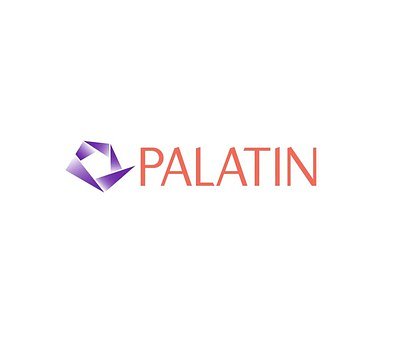
Palatin Technologies: From Recovery to Innovation in Obesity Treatment
Facing past challenges, Palatin Technologies is making strides with a replenished pipeline targeting both common and rare forms of obesity, bolstered by recent funding and strategic partnerships.
Palatin Technologies: From Recovery to Innovation in Obesity Treatment
NEW YORK, NY – November 13, 2025 – Palatin Technologies, a biopharmaceutical company focused on melanocortin receptor (MCR) system modulation, is demonstrating a potential turnaround story, marked by regained financial stability and promising advancements in its obesity pipeline. The company has recently completed a public offering, regained compliance with NYSE American listing requirements, and is pushing forward with clinical development of both small molecule and peptide-based therapies targeting obesity and related metabolic disorders.
Financial Rebound and Strategic Partnerships
Palatin Technologies successfully closed an upsized underwritten public offering on November 12, 2025, securing approximately $18.2 million in gross proceeds. This crucial funding will bolster the company’s obesity program, general corporate purposes, and working capital. This financial injection followed a period of significant challenges, including a delisting notice from NYSE American and temporary trading on the OTC markets. The successful completion of the offering and the subsequent regaining of compliance with NYSE American listing standards represent a critical milestone for the company.
“The regained listing is not just about staying on the exchange; it’s about restoring investor confidence and opening up access to a broader range of funding opportunities,” stated one industry analyst familiar with the company’s situation. “This allows Palatin to move forward with its pipeline without the constant overhang of delisting concerns.”
The company’s strategic collaboration with Boehringer Ingelheim is also contributing significantly to its financial stability. Palatin reported receiving approximately $8.8 million (€7.5 million) in payments from Boehringer Ingelheim related to the collaboration agreement, which focuses on the development of melanocortin receptor-targeted peptides. The agreement also allows for potential future milestone payments and royalties, providing a long-term revenue stream.
Targeting Obesity with a Novel Approach
Palatin Technologies’ pipeline is centered around modulating the melanocortin system, particularly the MC4 receptor, which plays a crucial role in regulating appetite and metabolism. This approach distinguishes the company from many other players in the obesity treatment market, which are largely focused on GLP-1 receptor agonists like Wegovy and Zepbound. The company is developing two primary candidates:
- PL7737: An oral small molecule MC4R agonist currently undergoing IND-enabling activities. The company anticipates filing an IND and initiating Phase 1 clinical trials in the first half of 2026. PL7737 has also received Orphan Drug Designation from the FDA for treating obesity due to leptin receptor deficiency, highlighting its potential in rare forms of obesity.
- Next-Generation Peptide Obesity Treatment: A long-acting peptide MC4R agonist also in the early stages of development. Palatin is planning to initiate IND-enabling activities later in 2025 and anticipates starting Phase 1 trials around mid-2026. This approach aims to provide a sustained release of the MC4R agonist, potentially improving efficacy and patient convenience.
“The beauty of targeting the melanocortin system is that it taps into a fundamental regulatory pathway for appetite and metabolism,” explained one key opinion leader in the field of obesity research. “This could offer a different mechanism of action for patients who don't respond to GLP-1 agonists or experience unwanted side effects.”
Addressing the Unmet Needs of Hypothalamic Obesity
Palatin Technologies is demonstrating a commitment to addressing the underserved population of patients with hypothalamic obesity. This rare and complex condition is caused by damage to the hypothalamus, often due to brain tumors, surgery, or genetic disorders. Patients with hypothalamic obesity face significant challenges with weight management and often do not respond to conventional weight loss strategies.
Notably, Palatin has deliberately included patients with hypothalamic obesity in the planned Phase 1 trials for both PL7737 and the next-generation peptide obesity treatment. This reflects the company’s belief that its MC4R agonists could potentially address the underlying physiological dysregulation in these patients.
“Hypothalamic obesity is a particularly difficult condition to treat, as it disrupts the body’s natural satiety signals,” explained a physician specializing in endocrine disorders. “Developing therapies specifically tailored to this population is crucial, and Palatin’s approach shows promise.”
The company's dedication to this niche, yet critical, area underscores its commitment to developing therapies for unmet medical needs. While the market for hypothalamic obesity is smaller than the broader obesity market, the potential impact on patients’ lives is substantial. The company is in a unique position to potentially offer a meaningful treatment option for a population currently lacking effective therapies.
